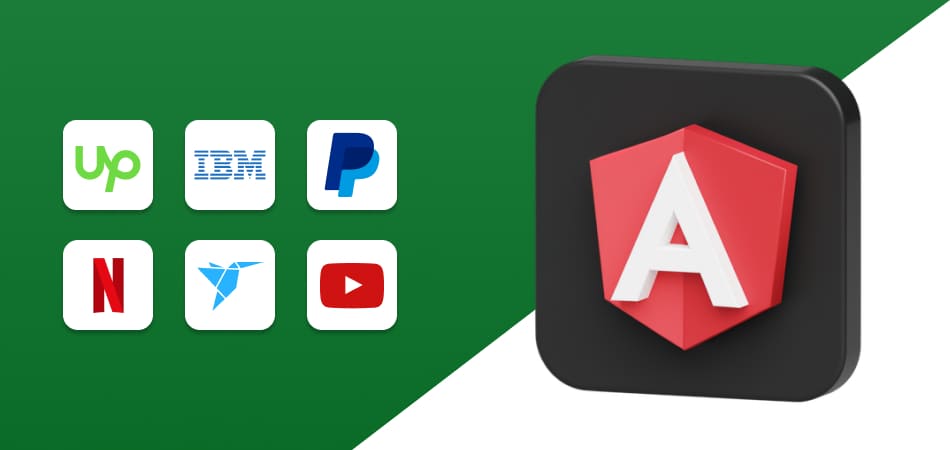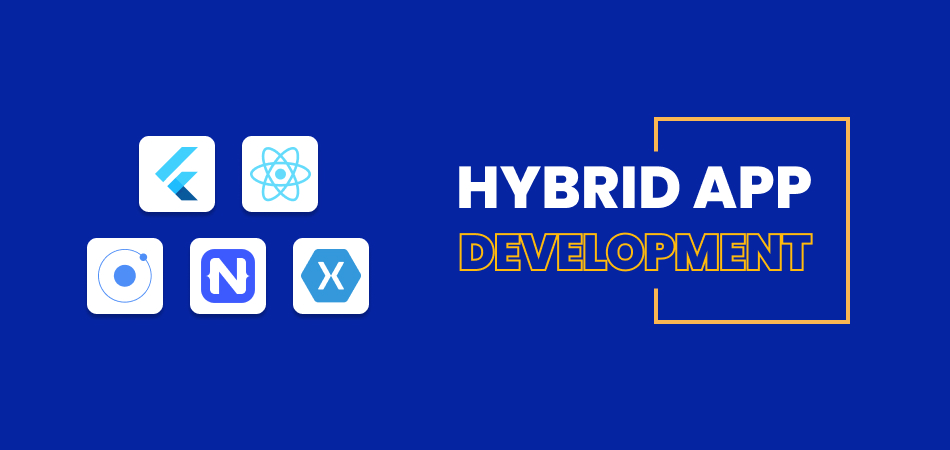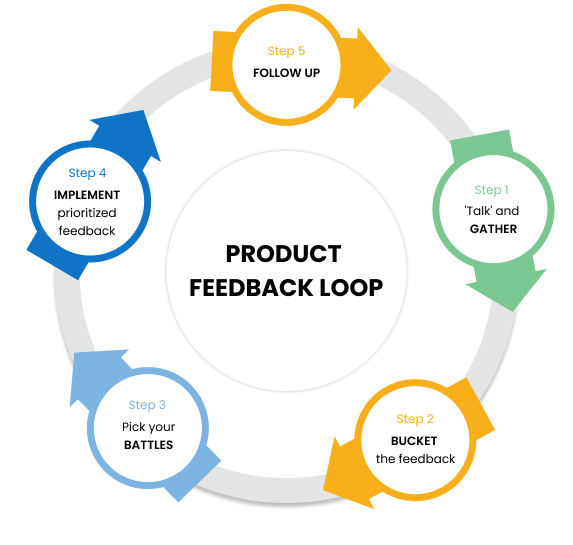As a PHP developer or a company looking for a PHP backend solution for their IT project, one may often come across debates about the ultimate utility of PHP application development. There are so many conflicting statements going around about the feasibility of custom PHP development and its frameworks that someone with even a small technical background may start pondering if PHP is suitable for your project.
Why PHP? (Infographic)
So, what’s the truth? Why are 81% of web services around the globe still being implemented in PHP? And why is it the choice of big-league companies such as Facebook as their backend framework?
Well, first things first, PHP is open source and has an exceptional dynamic online community. With the constant ongoing contribution, PHP is consistently being upgraded. With each new version-release and code revision, the update of its frameworks instills enhancement and robustness in its performance.
From small businesses to large e-commerce solutions to social media giants, PHP is undividedly the programming language of choice for any custom PHP development company for a number of reasons. We’ve summed up these reasons in the infographic below. You can read more, detailed points below the infographic.

Feel free to save and share the infographic in your social networks or on your own blog as a quick reference and reminder of the power of PHP.
1. PHP is open-source, hence easy on budgets

The most agreeable thing that wins both developers’ and IT business owners’ loyalty is that PHP is freely available. It requires virtually no patents or licensing fees whatsoever as it is open-source and is categorized under the General Public License.
Like I have mentioned above, it also has a considerable, dynamic community around the globe resulting in perpetual enhancements in its functionality and in the already remarkable pool of resources and facilities. There are literally hundreds of PHP-based framework solutions whose practicability has already been proven, so you absolutely do not need to spend precious resources in reinventing the wheel when working on a PHP application development project with different requirements.
Summary: PHP being an open-source language offers the perfect backend solution with constant enhancements in functionality over time at virtually zero cost.
2. Development in PHP takes way less time than alternatives

PHP is a partly object-oriented expression language, and this feature makes code reusability viable. Reusable code is a piece of code that you write once and later can summon using function calls instead of rewriting it. It saves valuable time and effort in the process of development. There are a plethora of PHP frameworks, like Laravel, CodeIgniter, Symfony, Joomla, WordPress, Yiiframework, etc. Each of them exhibits its own functionality and offers speedy and reliable development in their respective fields along being independently optimized for building PHP development services quickly.
Summary: PHP improves efficiency by allowing the reusability of code, while decreasing the potential time and effort required on a project.
3. PHP code is responsive and compatible

PHP has an upper hand with its versatility and flexibility. From the time of inception to its implementation, a project normally goes through functionality changes at some point in time. PHP with its dynamic nature makes it possible to implement changes irrespective of the stage of development.
All major platforms, from Windows to Unix, and Linux to macOS including most of the servers (Apache, Microsoft IIS, Netscape, iPlanet, Caudium, Xitami, Tornado, etc.) and more than 20 databases (MySQL, MongoDB, PostgreSQL, and others) are compatible with PHP code. This is the main reason why PHP is often chosen for building custom/cross-platform applications by a PHP development company: it allows businesses to utilize the existing infrastructure with minimal new expenditures. That’s not all. Since PHP is an embedded language, it offers effortless integration with JavaScript, WML, XML, and other programming languages.
Summary: Having compatibility with all the major technologies, PHP offers an extremely versatile solution where it needs to be embedded with existing infrastructure.
4. PHP-based services are easily scaled

When it comes to ROI, businesses often have the upper hand when their IT solution is built in iterations. It allows building various modules of the software progressively and making necessary alterations possible in the course of development. PHP allows to develop and support scalable PHP development services along with the ever-changing development plan.
Summary: PHP offers a solution to be built in iterations, allowing it to be compatible with ongoing changes.
5. PHP code is easily maintained and handed over

PHP code is known for its transparent and excellent documentation. So, it takes almost no time to understand in detail what is going on in the code—obviously, when it is well-written. Nonetheless, You can safely compartmentalize project development with minimal risks of foot-dragging if you need to reassign the programmer or the whole team.
Due to easily readable syntax, PHP code can be modified freely. Also, with the open-source community contribution, newer functionality meeting the emerging requirements of businesses turns up periodically and costs virtually nothing.
Summary: Due to its ability to having transparent documentation, The project compartmentalization and addition of new features for existing codebase become effortless in PHP.
6. Good PHP web app performance helps engage customers

The average human attention span is 8-9 seconds, hence a fast website loading speed is crucial for retaining your audience. If the website is slow or unresponsive, the customer quickly leaves it for better alternatives and ultimately, never returns. PHP is super responsive and ensures instantaneous turnaround time due to its high-speed data processing features, excellent customization capabilities, and seamless integration with numerous custom management systems.
PHP, when initially created was used for the generation of dynamic web pages, Hence, its scripts solve this task much faster than other programming languages. PHP code can easily be embedded into HTML, and developers can transform existing static website code into dynamic just by adding the PHP code into HTML. Truly, this is “The Language” for the creation of dynamic websites on the base of HTML standards.
Summary: Near-instant responsiveness and high speed data processing allows PHP to be much faster than the alternatives.
Summing it all up
The growth of PHP development services and its frameworks in the past decade has been extraordinary, and its reputation in the industry is still thriving. The business merits of PHP embrace cost-efficiency, compatibility, scalability, and user-friendliness singularly or (more often) in combination with other technologies,
Though, to be fair, an adverse effect should be mentioned also. This main advantage of PHP can oftentimes become a disadvantage to the project. Comparative ease and availability greatly lower the threshold for skills, which in some rare cases leads to lowered end-product quality. So, the choice of a PHP development company with proven expertise HAS to be the first priority. In the hands of a good developer, PHP is suitable for almost any IT project: from basic websites to social media giants and from CRMs to large marketplaces.



